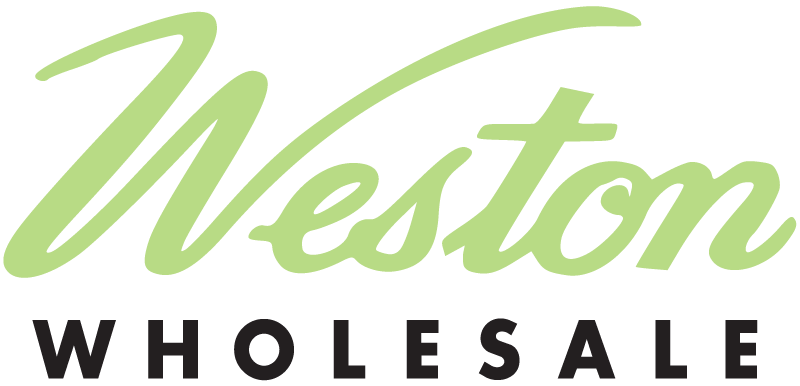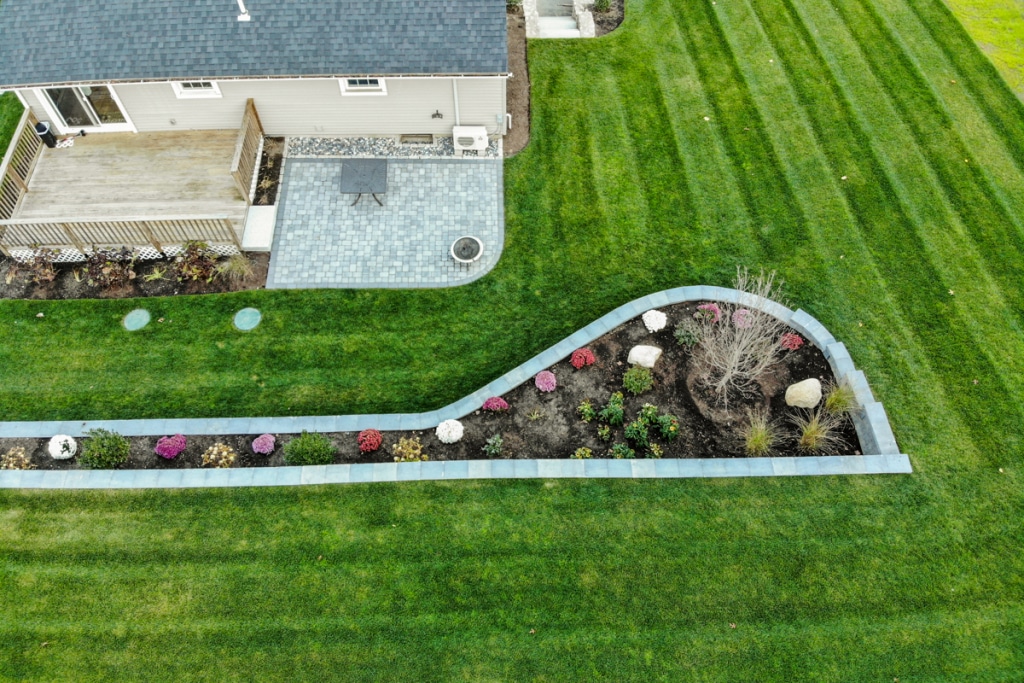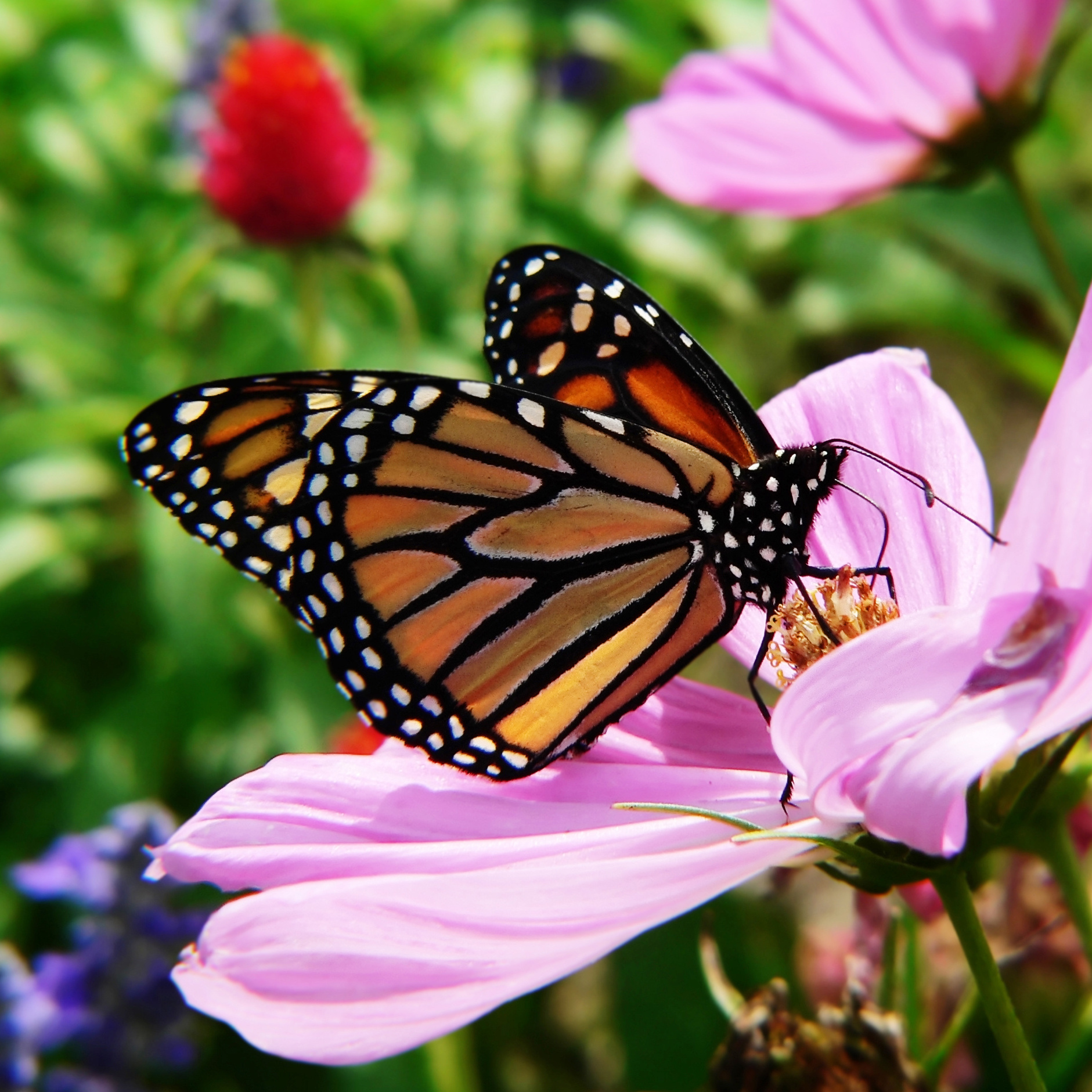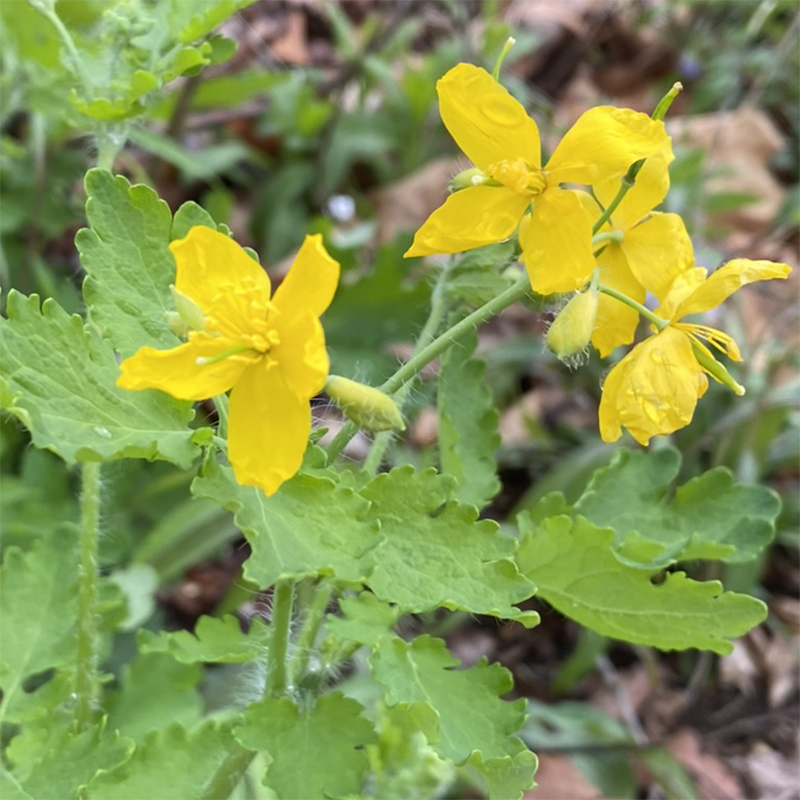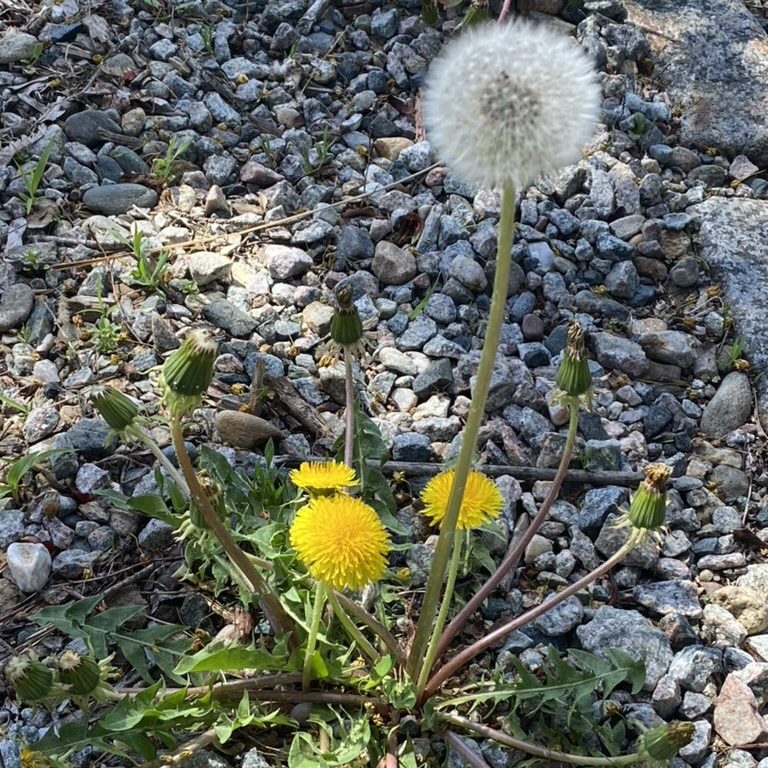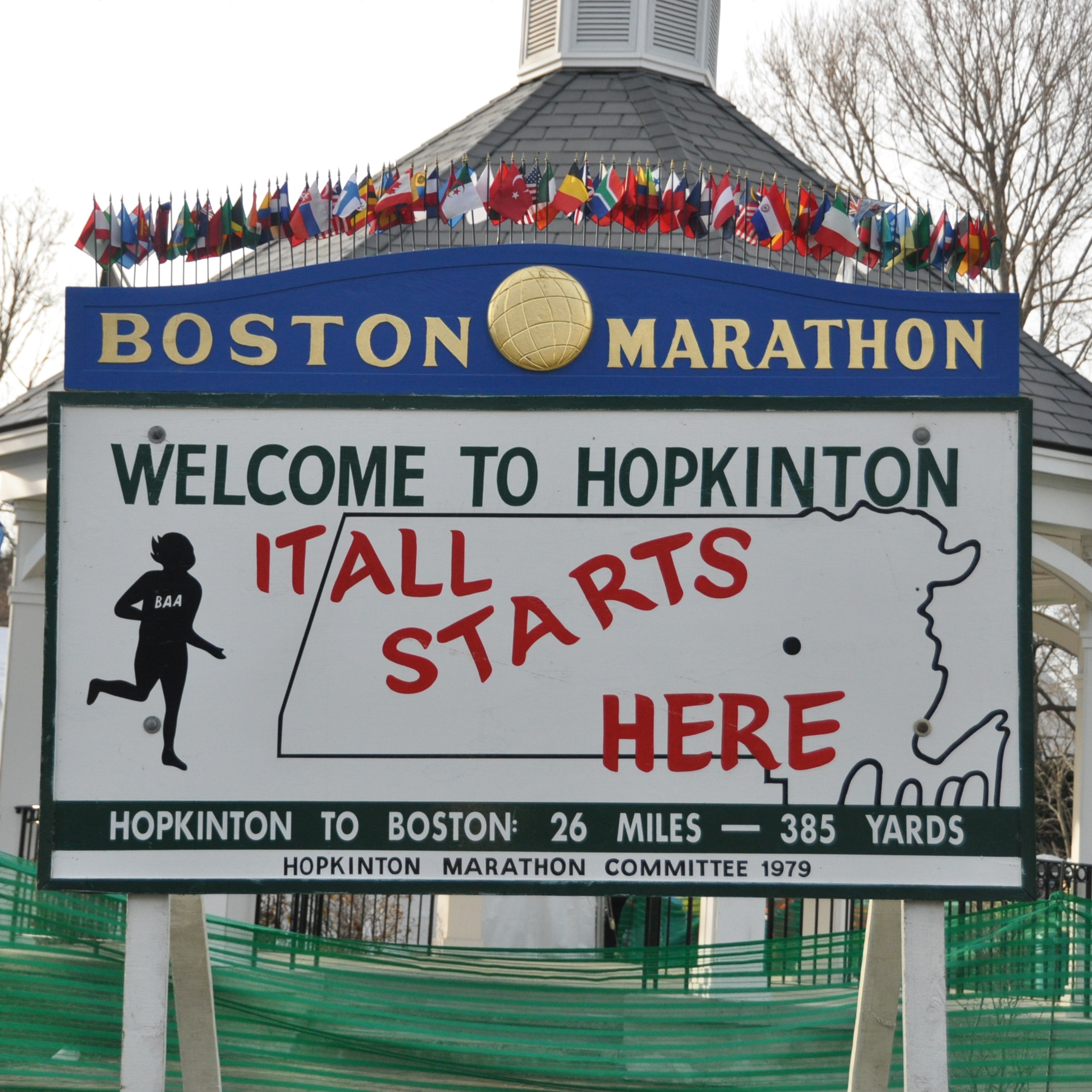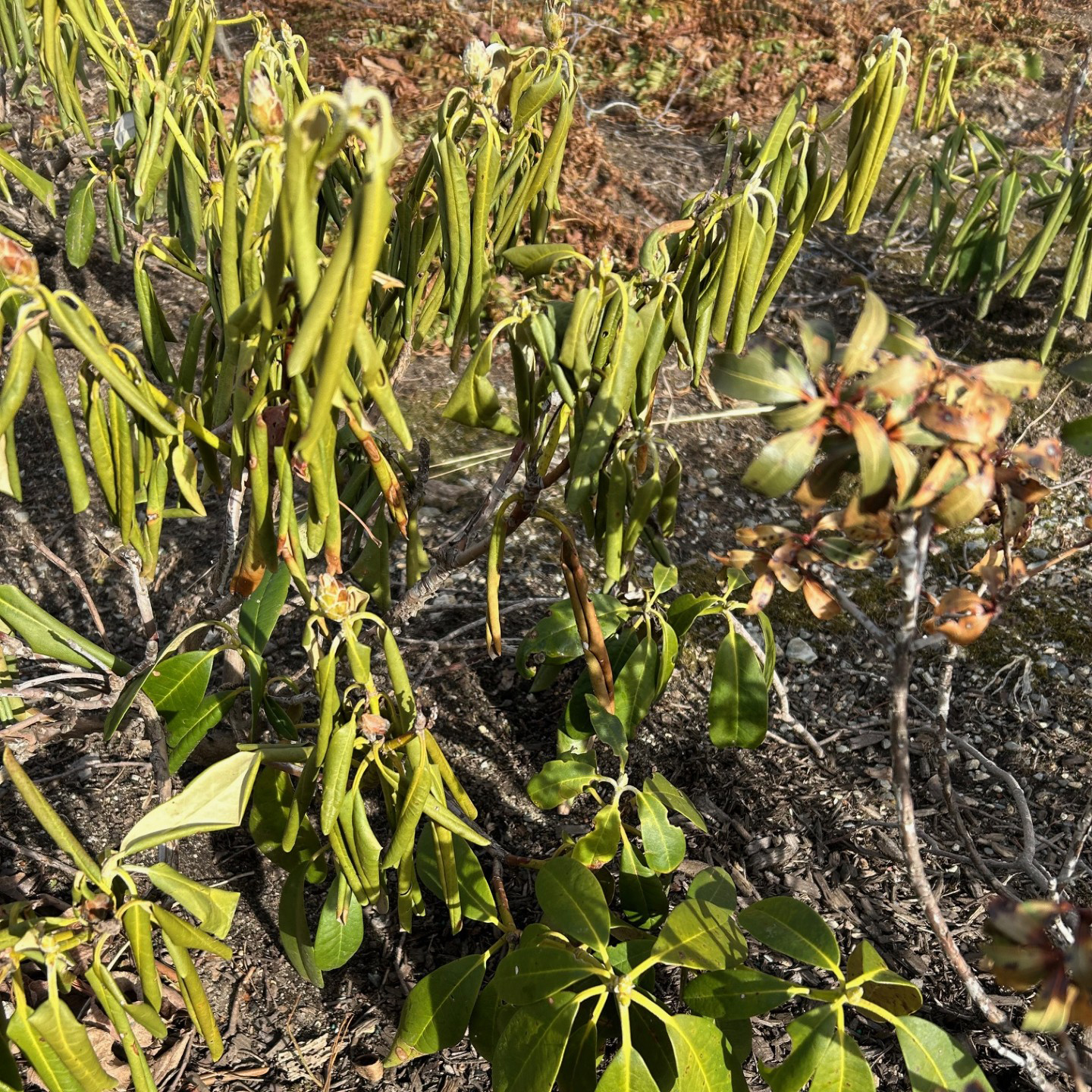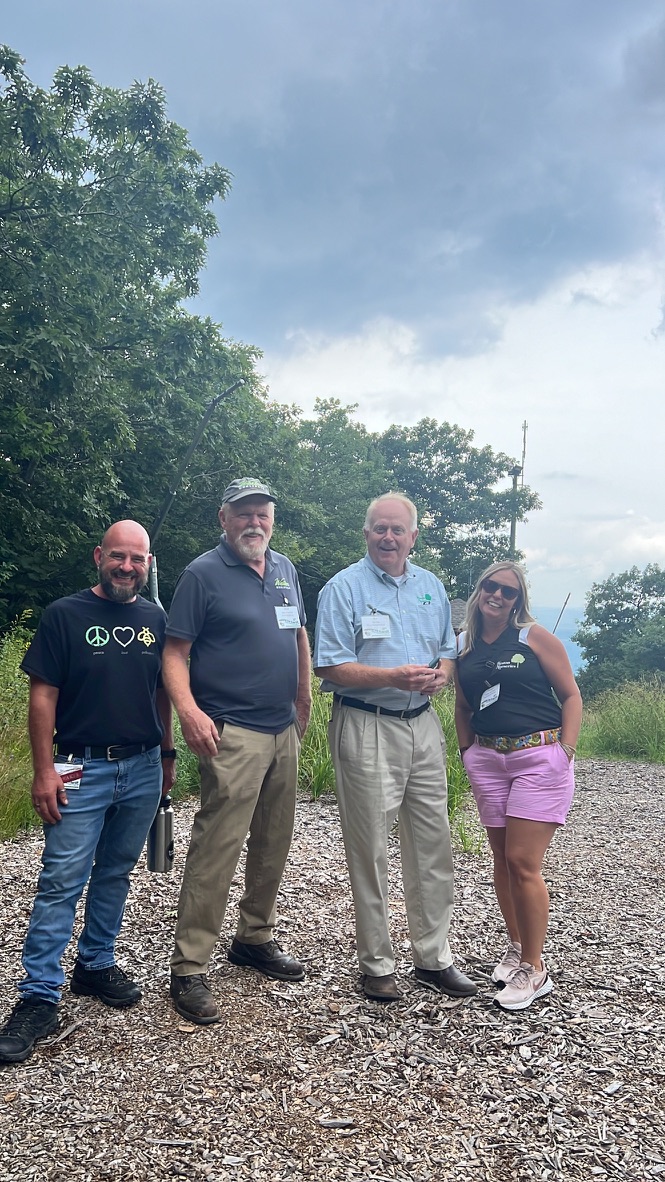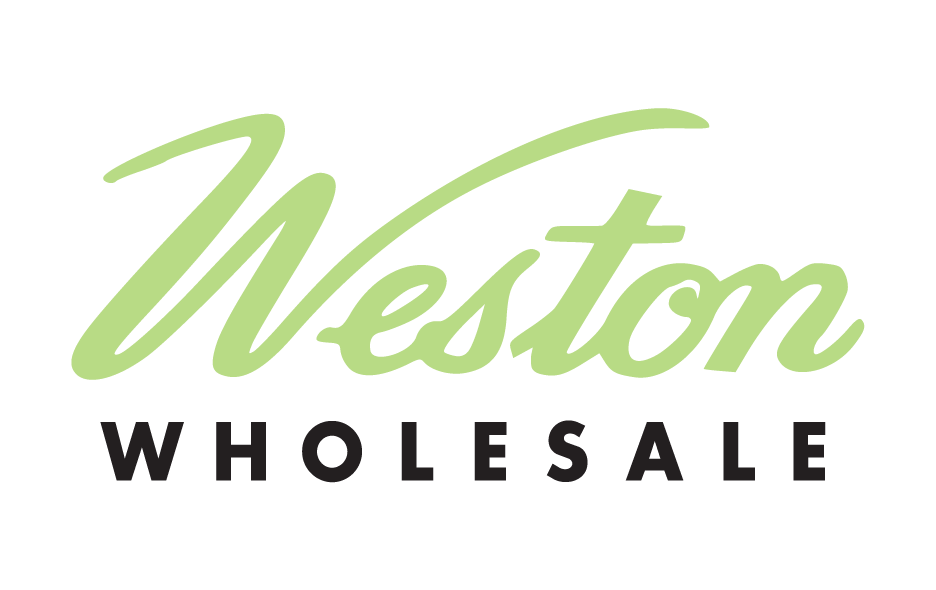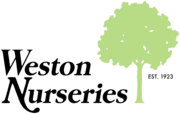
We rely upon many species native to this region (and those native to regions of similar climate) for much of our landscaping. By definition, native plants are those that are indigenous to the region and are therefore well suited to the local climate, light, and soil conditions. As they are well adapted to the local environment, native plants can often require less water, fertilizer, and maintenance than do many traditional garden plantings, making maintenance and care of the landscape easier. In addition, we have lost many acres of wild habitats to development and utilizing native plants in your landscaping can help restore ecosystems that sustain local wildlife. Native plants are an important source of food and shelter for the native insects, birds and animals in your area and can help attract a diversity of wildlife to your property.
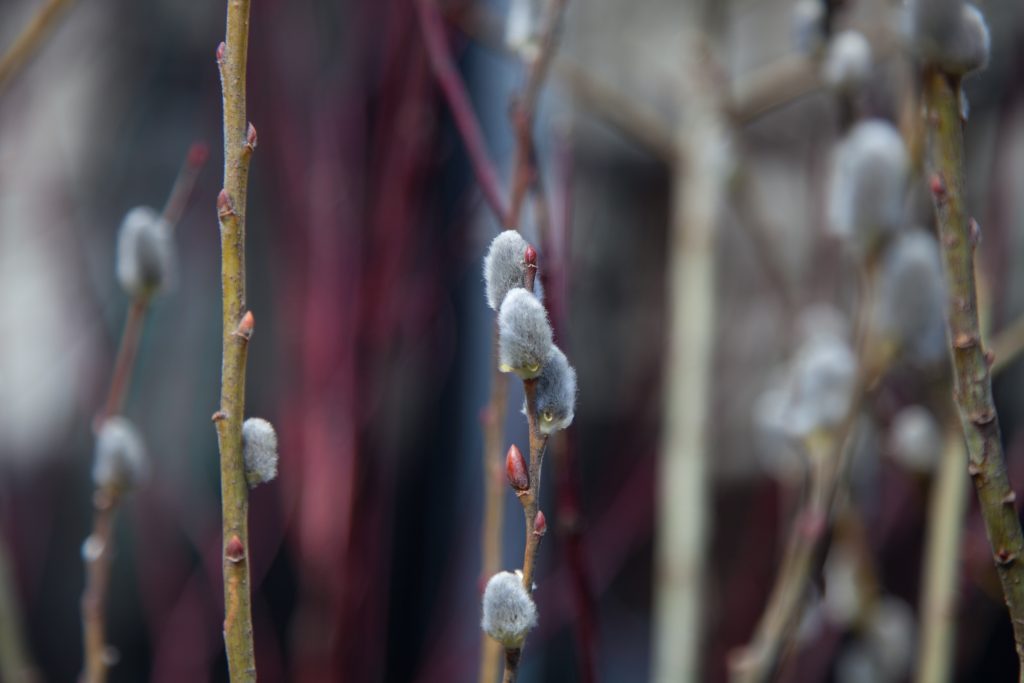
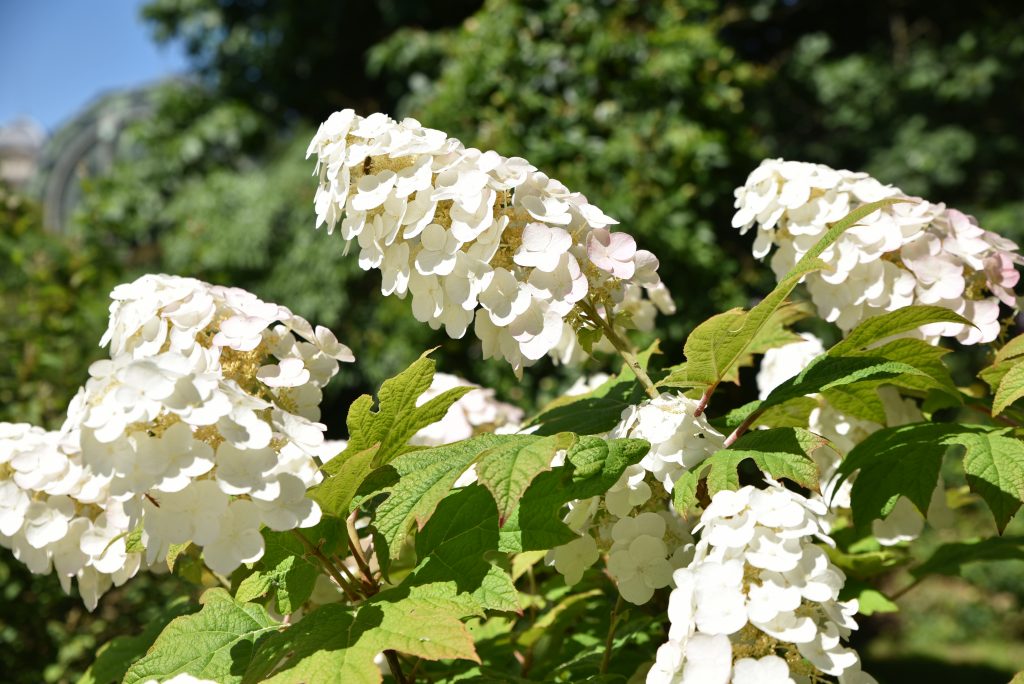
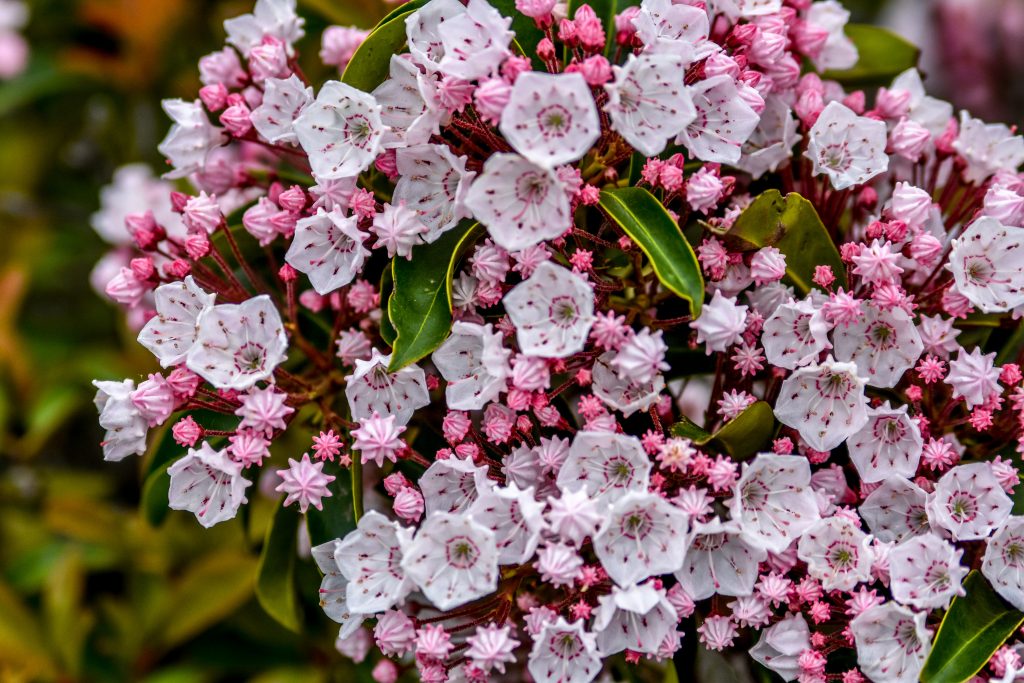
The following chart lists the native species we offer, although not all will be in stock at any given time. “Native to New England” refers to species that occur naturally in the New England states. They are typically propagated from seed (often picked locally) or vegetative wood. Many species are available only as clonal selections or cultivars of the species, as opposed to “pure” species.” We’ve also included species native to the eastern US, occurring naturally in the general region from the Atlantic coast through the Appalachian Mountains, that have proven well adapted to this region and that we’ve observed to perform as if they were native to this region.
Fullscreen ModeLearn About Native Woody Plants!
You may be asking, what is native? How do I incorporate native plants into my landscape? Trevor Smith in this two-part series will introduce you to all types of native trees and shrubs for every situation. Plants for tough areas, the best plants for attracting wildlife, lesser know species, and delicious plants for you to enjoy at the table as well as in the landscape.
For more classes and events, please visit www.westonnurseries.com/events.
